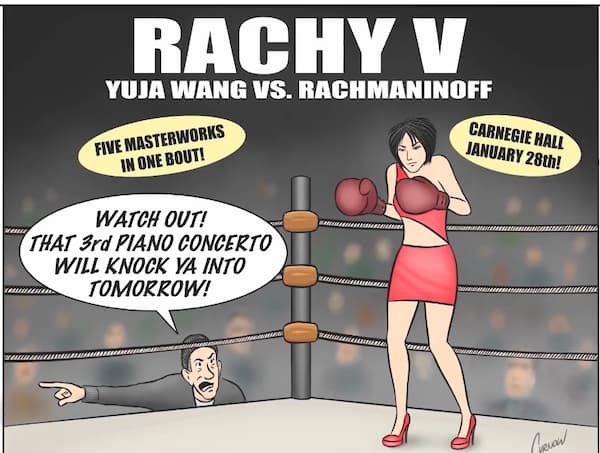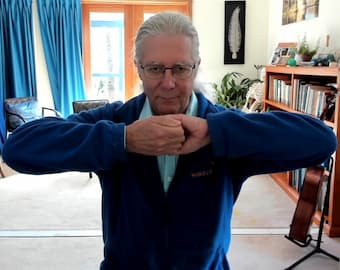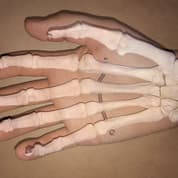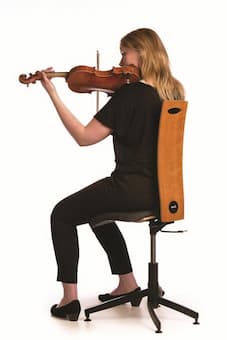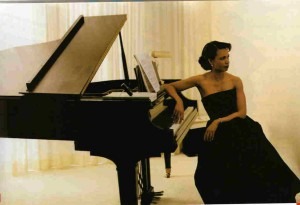
Credit: http://cdn.thehairpin.com/
“I don’t remember learning to read music — you know, the lines and spaces and all that,” Ms. Rice said. “From my point of view I could always read music.” Classical music became her passion, and when her mother brought home a recording of Verdi’s Aida, “my little eyes were like saucers,” she said.
By age fifteen she was determined to become a concert pianist, and performed the Mozart D-minor concerto with the Denver Symphony Orchestra. Enrolling at the University of Denver, Rice intended to major in Music. She also attended the prestigious summer school at the Aspen Music Festival in Colorado and was suddenly exposed to a huge pool of highly gifted pianists. “I thought I was a very good pianist, but it was a real revelation to be surrounded by prodigies and realizing that I was never going to be able to play like that.” She began to doubt her career prospects as a pianist and veered towards a career in political science. However, she really never gave up music, and even during the busiest times of her career found the time to play chamber music with a group of dedicated amateur string players.
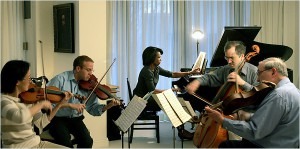
Credit: http://graphics8.nytimes.com/
Apparently, Johannes Brahms is her favorite composer, because he is “passionate without being too sentimental. Before I leave this earth, I’m somehow going to learn the Brahms Second Piano Concerto,” she said,” which is the most beautiful piece of music.” It is also dauntingly hard.” When Yo-Yo Ma received a National Medal of the Arts in 2002, he requested that Dr. Rice accompany him during the ceremony at Constitution Hall. And thus they played the slow movement of the Brahms Violin Sonata in D-minor in an arrangement for cello and piano. Before Rice joined the Bush administration, she was a professor of political science at Stanford University, a post she has since returned to. So don’t expect any more incendiary public speeches—thank goodness for that—but it certainly bears looking out for a performance of Brahms’s Second Piano Concerto!
Johannes Brahms: “Adagio,” Violin Sonata No. 3, Op. 108

